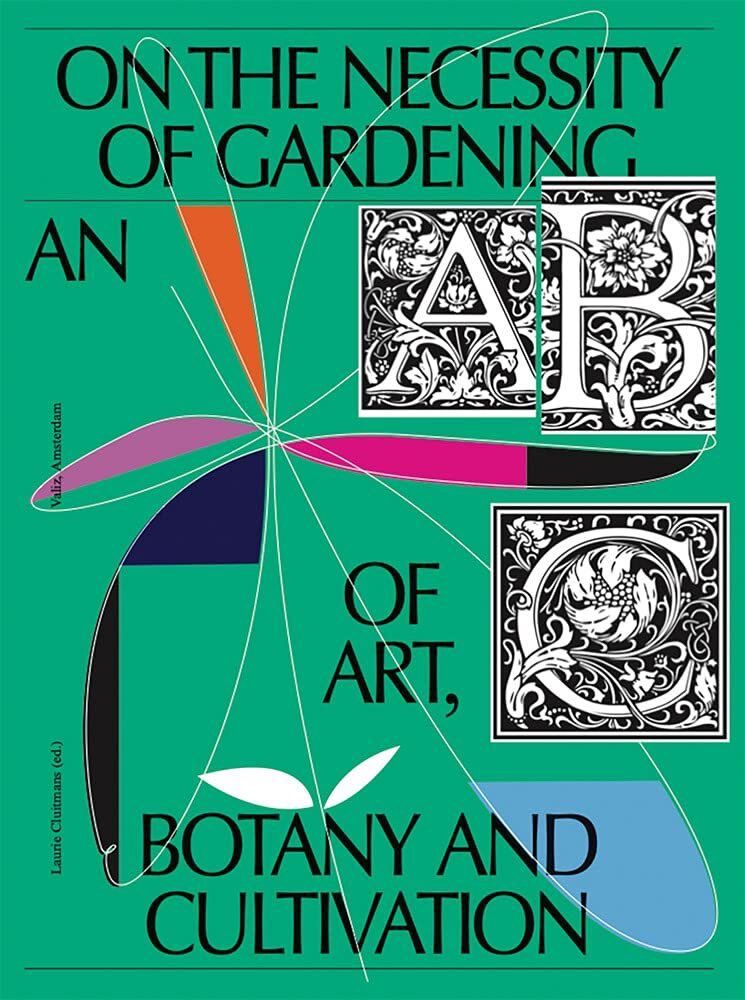Anne Scheel
@annemscheel.bsky.social
3.2K followers
780 following
280 posts
Assistant prof at Utrecht University, trying to make science as reproducible as non-scientists think it is. Blogs at @the100ci.
Posts
Media
Videos
Starter Packs
Reposted by Anne Scheel
Reposted by Anne Scheel
Reposted by Anne Scheel
Reposted by Anne Scheel
Reposted by Anne Scheel
Reposted by Anne Scheel
Reposted by Anne Scheel
Reposted by Anne Scheel
Reposted by Anne Scheel
Reposted by Anne Scheel
Reposted by Anne Scheel
Anne Scheel
@annemscheel.bsky.social
· Aug 28
Reposted by Anne Scheel
Reposted by Anne Scheel
Reposted by Anne Scheel
Reposted by Anne Scheel
Reposted by Anne Scheel
Reposted by Anne Scheel
Reposted by Anne Scheel
























